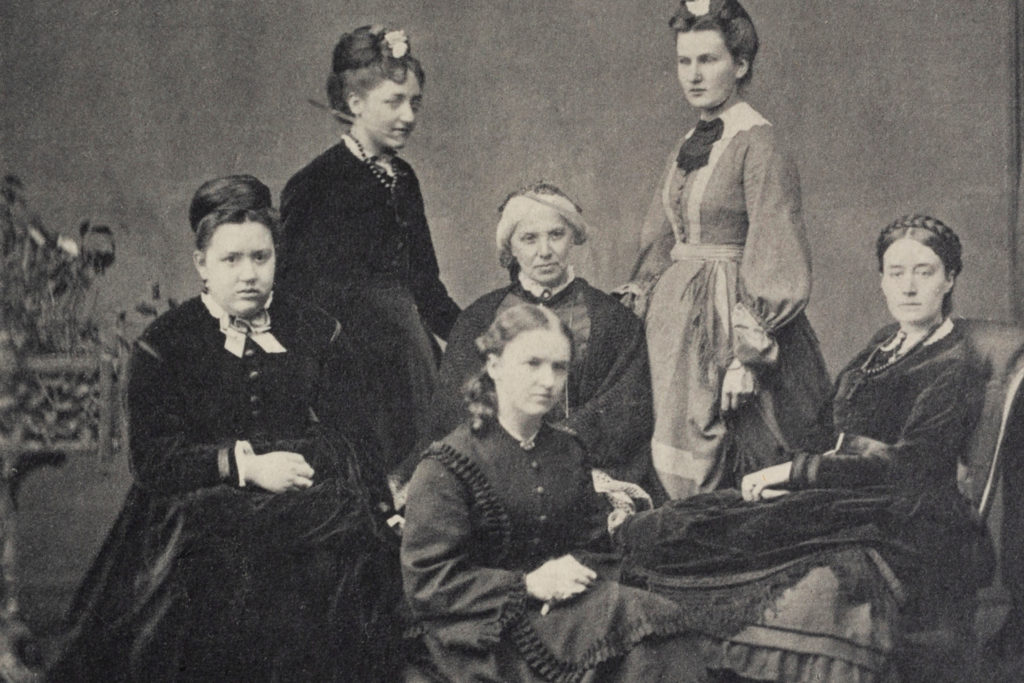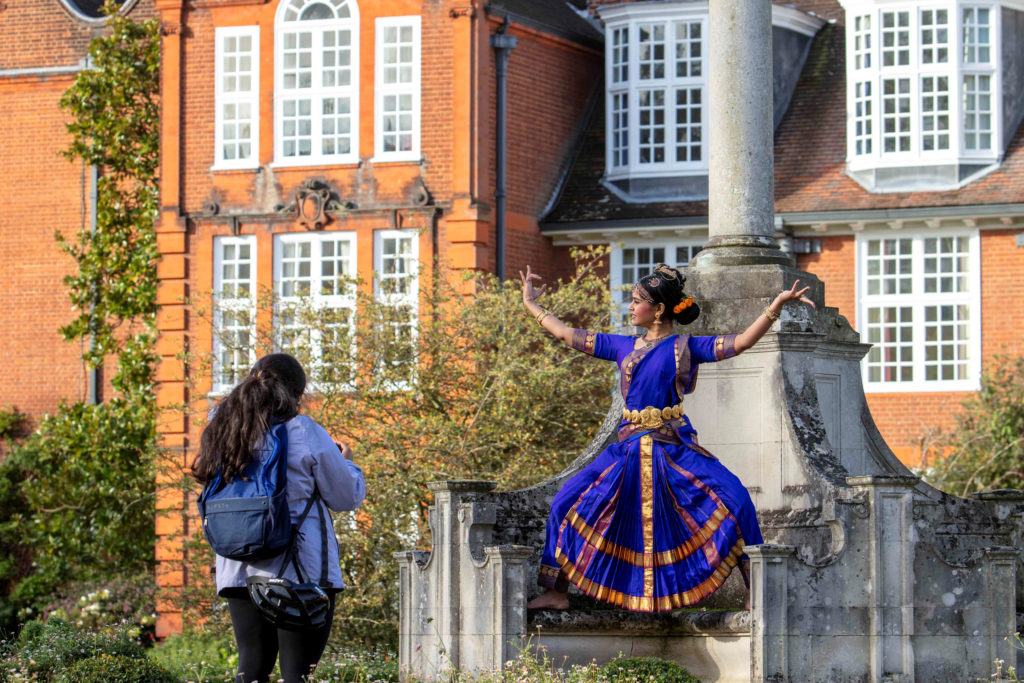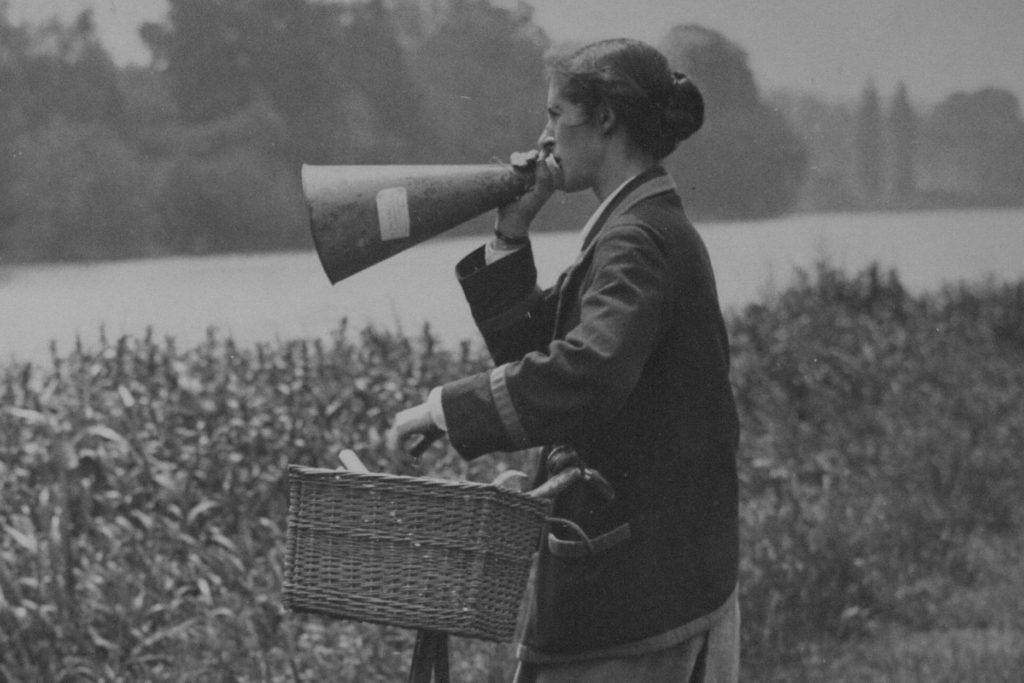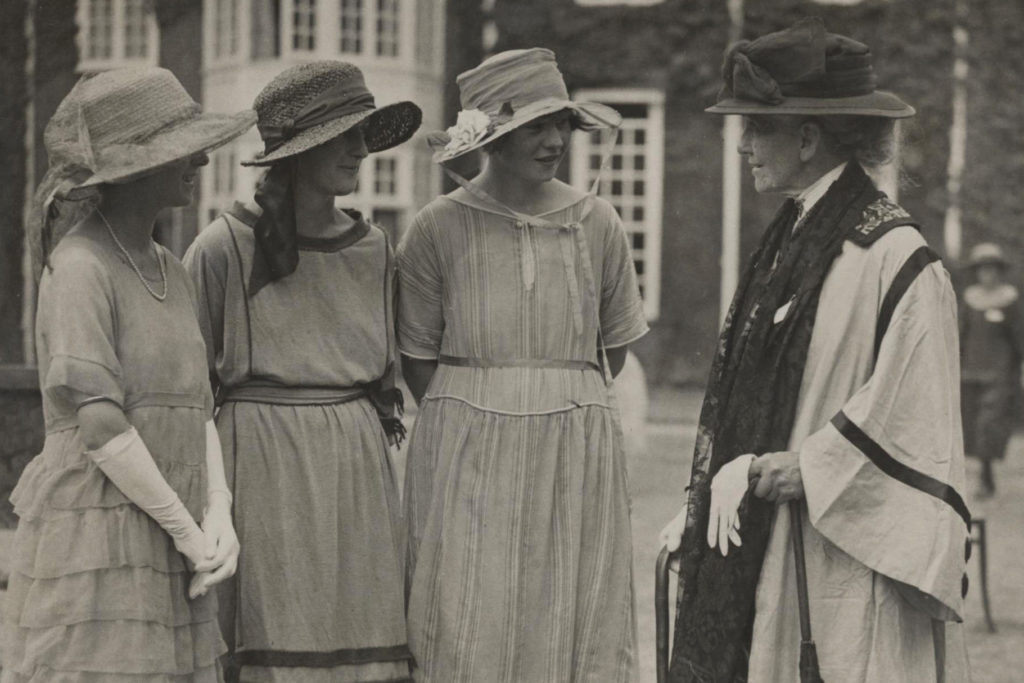Prof Kamala Sohonie (NC 1937)
1911–1998 (Bhagvat)
Around the time Kamala Bhagvat was born in India in 1911, the literacy rate among Indian women was below 1%, as they were denied education and any role outside of the home. Fortunately for her (and the world), her family treated girls and boys the same and encouraged her intellectual interests. Kamala was inspired all her life by her father and uncle’s background in chemistry and was determined to follow in their footsteps. She became the first Indian woman to achieve a PhD and the first woman to lead a major scientific institute in India.
When Kamala arrived at Newnham as a research student in 1937, she was already a pioneer in her home country and a veteran of the battle to allow women to carry out scientific research. Having come top of her class at Bombay University she applied to her father’s alma mater, the prestigious Institute of Science, Bangalore, for postgraduate study in 1933. She was turned down immediately because she was a woman. Kamala didn’t accept this. She turned up at the office of the director, Sir C. V. Raman, a physicist who was the first Asian to be awarded a Nobel Prize for science.
Practicing Satyagraha, non-violent protest inspired by Gandhi, she staged a sit-in in his office until he relented and admitted her for a year’s probation. Despite the conditions that seemed designed to make her fail – excessive hours, second-rate status in the lab and a ban on ‘distracting’ the ‘real’ scientists – she impressed her colleagues so much with her hard work and talent that after she passed that first year the Institute started admitting women.
Her early work on proteins in pulses and milk had important implications for nutrition in India and throughout her research career she was passionately involved in improving nutrition among India’s poorer citizens. At Cambridge she worked on plant tissues, and discovered Cytochrome C, a protein that proved that the process of biological oxidation-reduction is identical in plants and animals.
Her later career was spent in India, where she married and worked in various institutions, eventually becoming Professor of Biochemistry at the Royal Institute of Science in Bombay/Mumbai. After much opposition, and having to see men with inferior CVs promoted ahead of her, she finally became its first female director. Sadly, in 1998 she collapsed while attending a ceremony in her honour at the Indian Council of Medical Research, and died shortly thereafter.
Dr Maartje Scheltens






